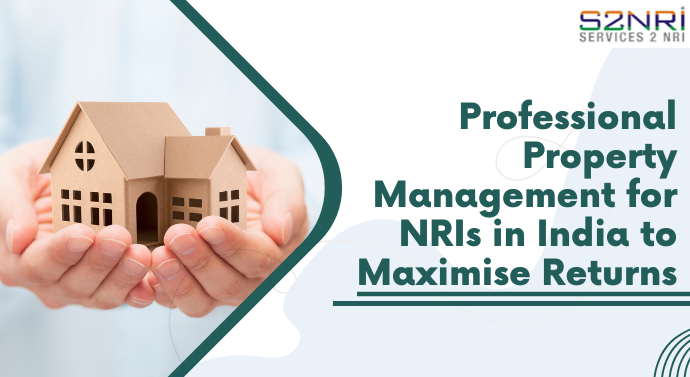Are you a non-resident of India surrounded by lots of issues related to your property here? If yes, this blog can be insightful for you.
Certainly, managing a property from being so far is actually complex. So, here come some insightful pieces of information that can simplify managing your disputed property, tenant conflicts, and even illegal encroachments, no matter where you live.
Read More
















